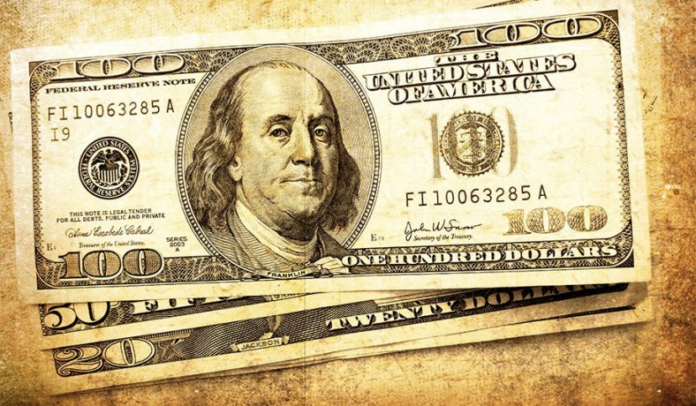Source: Janaka Dharmasena/Dreamstime
By Ryan Chou
It’s been almost two years since universal basic income began to gain traction in the United States from Andrew Yang’s 2020 run for the presidency. And although much has happened since then, one thing certainly has not changed: the need for universal basic income.
$1,000/month, $200/month, $5000/month, whatever it may be, the concept of such a social safety net is the right way to go in this country. We don’t have to revert to communism, full-blown socialism, or massive inflation to accomplish this: a large portion of the funding for these programs could easily come from simply closing tax loopholes for the top 1% and making companies profiting billions of dollars every year pay the taxes they are supposed to.
But won’t people choose not to work if they’re getting free money every month? Well, if they were getting millions of dollars, then sure, but universal basic income is more directed towards allowing people to survive, not thrive. By giving a universal basic income in the ballpark range of $1,000/month, people would be able to rest a little easier, be more likely to take innovative risks because they have a safety net, and spend more time with their families; mothers and caregivers who are working for free would now be receiving money instead of nothing. In accordance with the Maslow hierarchy of needs, the American population will not settle for being dirt poor and barely surviving; they are more likely to continue to try to make their way up in society, but will have peace of mind knowing that there is something to fall back on. Take the stimulus checks as an example: people got free money from the government, but for the most part, they didn’t stop working unless they absolutely had to. Productivity should actually go up with this drop in financial strain. In fact, pilot programs in India actually showed a growth in work hours and entrepreneurship.
If this pandemic has shown us anything, it has revealed just how bad things can get for people. Millions lost their jobs and couldn’t even get a new one because of health concerns. Financial prosperity for many turned into turmoil, and many had to keep working even if they had health problems because there was nowhere left for them to turn otherwise. These people need a safety net; there is no reason for them to be stuck in dead-ends like this.

